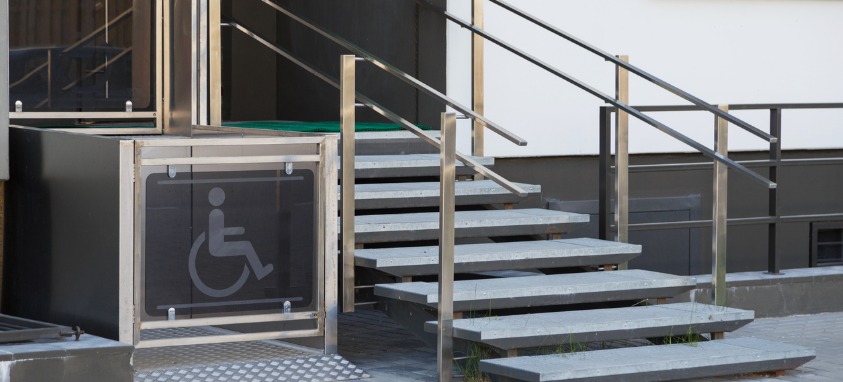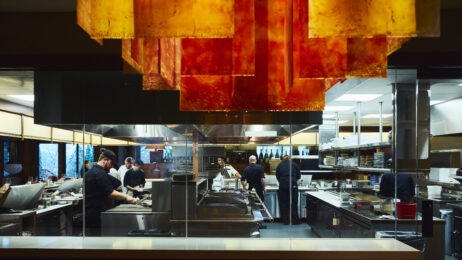Although the Americans with Disabilities Act went into effect in 1990, the spirit of the directive—to accommodate for everyone—is still sometimes lacking at hotels and venues, even if the letter of the law is fulfilled. This sad reality flies in the face of the $17 billion per year Abilities Expo experts say travelers with disabilities spend. It also ignores the needs of a growing, aging community that still wants to participate fully in travel and meetings.
Event professionals’ on-site visits can make a difference in helping those attendees feel welcome by actively looking for properties that take their role as hospitality providers seriously.
Matt Sterling, a former hospitality consultant who has been disabled since birth and uses a wheelchair, reports that often, little details make the difference between a comfortable stay and a painful barrier to fully participating.
“Even in designated accessible rooms, the nuances get missed,” Sterling said. Showerheads are directed to the wall and too high to be adjusted from below, towels are stored on high shelves and height-appropriate counters are not staffed or used as storage for brochures. “Often the big things, such as ramp entrances, have been invested in, but inside, the little details make it less than functional,” he said.
Following is a checklist of factors to consider when scoping out a property for your next event.
- Include a check-box during online registration asking if attendees have any special needs. This can include assistive listening devices or sign language assists, captioning, reserved front-row seats, advance copies of slides, wheelchair access, scent-free rooms, space for service dogs, a lactation room and dietary restrictions. Planners at Cornell University suggest including a welcoming message that offers contact information for the person charged with making accommodations.
- Talk to hotel management to see if they are thoughtful about accommodating everyone. Get a guarantee for an accessible room rather than simply requesting it and tour the room when you arrive to make sure it is as promised.
- Look for a designated, convenient and enforced parking area for those with disabilities.
- Ask the hotel if there is one automated entrance for everyone so those who need a ramp don’t have to enter around the back with the deliveries. The entire experience needs to be respectful.
- Test to see if guest room doors are easy to prop open to make navigating with luggage and a wheelchair possible.
- Measure to see if the bed is low enough to accommodate transferring from a wheelchair. If caregivers are joining the trip, are roll-away beds or second beds available?
- Check bathroom vanity and mirrors to determine if they’re at the appropriate height.
- If someone in a wheelchair is speaking on stage, request a ramp and a table rather than stairs and a podium.
- Ensure all screens and participants can be seen from all seating areas.
- Consider the complete accommodation experience from the point of view of the attendee.




